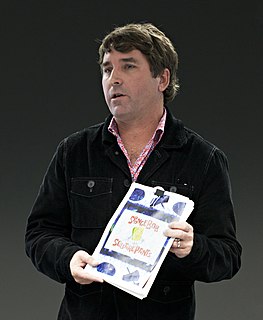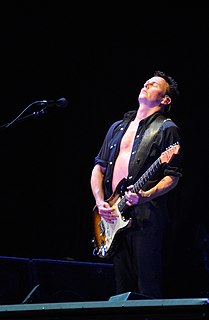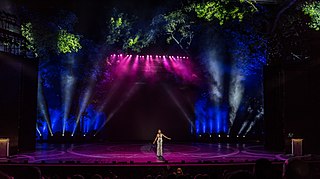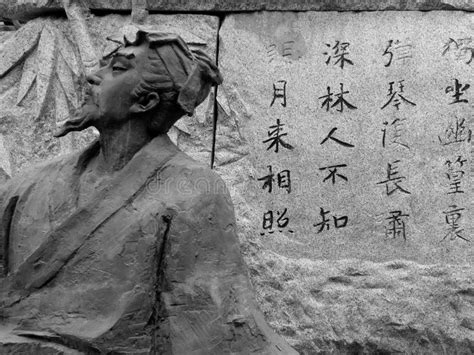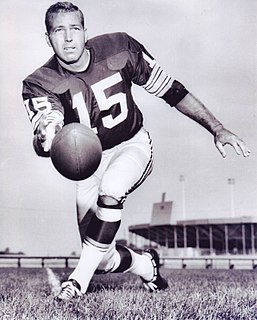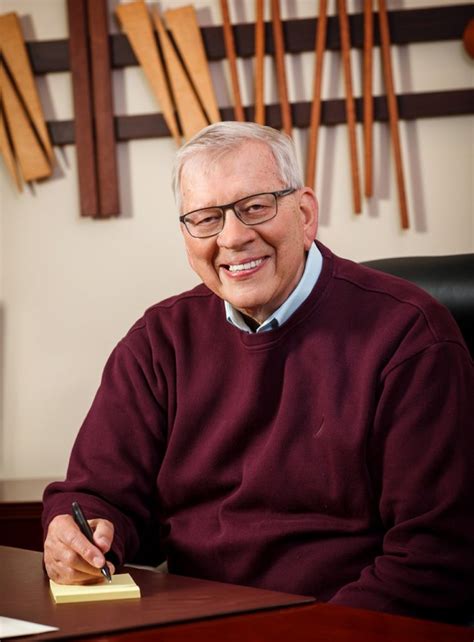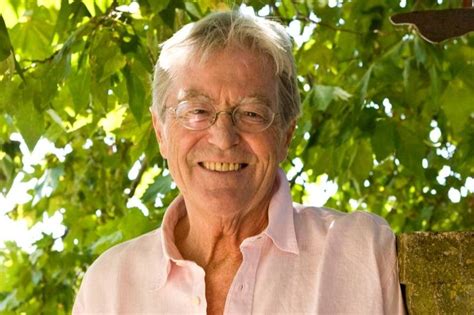A Quote by Bobbie Ann Mason
When I was growing up on our 53-acre dairy farm, we were obsessed with food; it was the center of our lives. We planted it, grew it, harvested it, peeled it, cooked it, served it, consumed it - endlessly, day after day, season after season.
Related Quotes
The worst scream I have ever heard, by far, is a mother cow on a dairy farm screaming her lungs out day, after day, after day for her stolen baby to be given back to her. And why do they steal babies from their moms? Well, the dairy industry can't have little babies sucking up all that milk that was meant for them. Every time you have a glass of cow milk, some calf is not.
Food historian Jessica B. Harris says African American cuisine is simply what black people ate. When I think about what my family ate, we ate what people think of as soul food on special occasions, on holidays, but our typical diet was leafy greens and nutrients and tubers - food that was as fresh as being harvested right before our meal. Whatever was in season, that's what we were eating. It was being harvested right from our backyard.
Every day of our lives and in every season of the year (not just at Easter time), Jesus asks each of us, as he did following his triumphant entry into Jerusalem those many years ago, ‘What think ye of Christ? whose son is he?’ (Matt. 22:42.) We declare that he is the Son of God, and the reality of that fact should stir our souls more frequently. I pray that it will, this Easter season and always.
Day after day we looked for rain, and day after day we saw nothing but the sun. Lavender that we had planted in the spring died. The patch of grass in front of the house abandoned its ambitions to become a lawn and turned into the dirty yellow of poor straw. The earth shrank, revealing its knuckles and bones, rocks and roots that had been invisible before.







